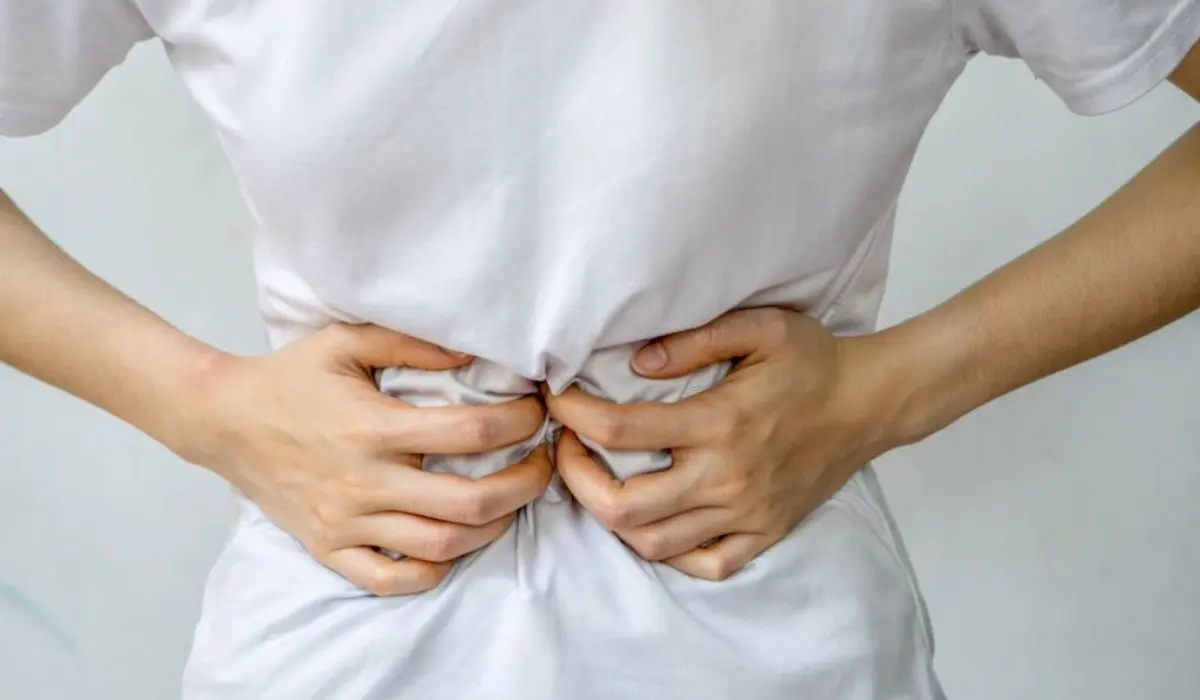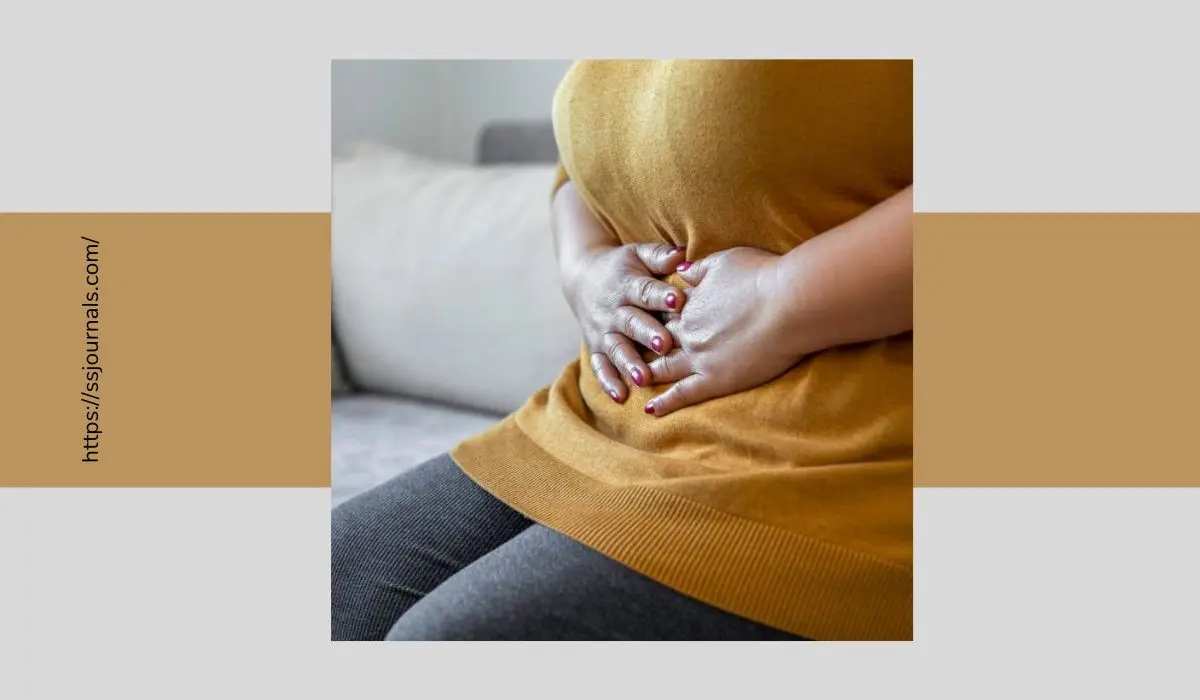The transition into the postpartum period often brings digestive changes. Constipation, hemorrhoids, and bowel urgency are frequent bowel complaints among new mothers. Understanding the causes and solutions for these issues can help you regain normalcy after having a baby.
Post-Pregnancy Bowel Problems
During pregnancy, rising progesterone levels cause smooth muscle relaxation throughout the body including in the bowels. This allows the waste and gas buildup that is common during the postpartum period as levels rapidly decline.

Combined with delivery-related factors like reduced fiber intake, dehydration, and pain affecting mobility, new moms frequently face bowel problems like constipation, diarrhea, and hemorrhoids. But with the right solutions, these can resolve over time.
🔹 Constipation
Difficult, infrequent, and strained bowel movements characterize postpartum constipation. This results from:
- Hormone changes – falling progesterone relaxes bowels less
- Fiber lack – from post-delivery iron supplements or unhealthy diet
- Dehydration – from recovery bleeding and nursing
- Pain – from uterine cramping or perineal wounds inhibiting movement
- Medications – especially narcotic pain relievers after birth
Treating constipation eases discomfort and supports healing. Make sure to inspect stools for signs of hemorrhoids as well.
🔹 Hemorrhoids
Pregnancy’s hormonal shifts make hemorrhoids more likely by loosening connective tissues. Then vaginal delivery or pushing exacerbates hemorrhoids.
Symptoms include:
- Itching, burning, or pain around the anus
- Bright red blood on toilet paper or in stool
- A tender lump near the anus
- Leaking mucus or feces
Hemorrhoids result from veins around the anus becoming engorged and inflamed. Constipation aggravates hemorrhoids further by straining the sensitive area.
See your OB-GYN or GI doctor if you have intense pain, persistent bleeding, fever, vomiting, or diarrhea lasting over 2 weeks postpartum.
Also Check: Exploring The Link Between Ulcerative Colitis And Joint Pain
🔹 Bowel Urgency and Loose Stools
Some women experience loose stools, diarrhea, and urgency after delivery. Causes include:
- Diet changes – consuming trigger foods while healing
- Infection – antibiotics or post-delivery microbes disrupting gut flora
- Stool holding – fearing pain from hemorrhoids or stitches
Addressing these issues and resting the bowel helps resolve diarrhea and urgency. See a doctor if it persists.
🔹Solutions and Treatments
Here are some ways to alleviate common bowel problems after pregnancy:
Conclusion
Bowel issues after having a baby are very common but treatable with lifestyle measures, diet changes, hydration, fiber intake, and occasionally medications or other remedies. Try various approaches to determine what provides relief. If problems persist, see a gastroenterologist. But in most cases, your bowel function should return closer to normal within several weeks postpartum.
FAQs
Postpartum constipation results from falling progesterone levels, pain inhibiting mobility, dehydration, diet changes, iron supplements, and medication effects.
No, but hemorrhoids are more common due to pushing during delivery and expanded blood vessels from pregnancy hormones. Genetics also play a role.
Barring other complications, constipation, diarrhea, and hemorrhoids usually resolve within 4-6 weeks post-delivery as the body recovers.
Fiber-rich foods like fruits, vegetables, oatmeal, nuts, bran, and prunes can help relieve constipation. Also drink plenty of fluids.
See your OB-GYN or GI doctor if you have intense pain, persistent bleeding, fever, vomiting, or diarrhea lasting over 2 weeks postpartum
More: Is Bariatric Surgery Safe? Is Safe And Effective For Losing Weight?

